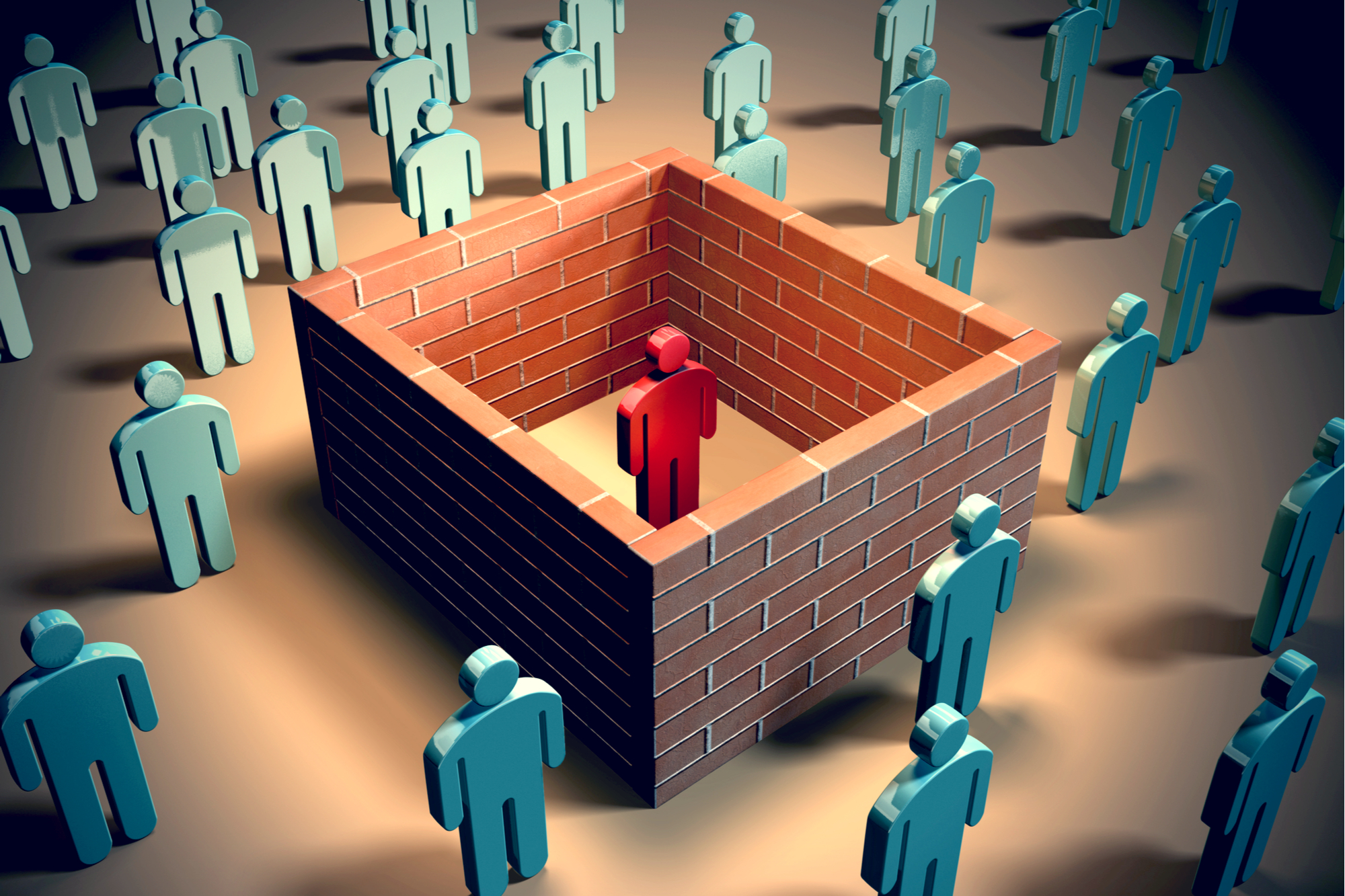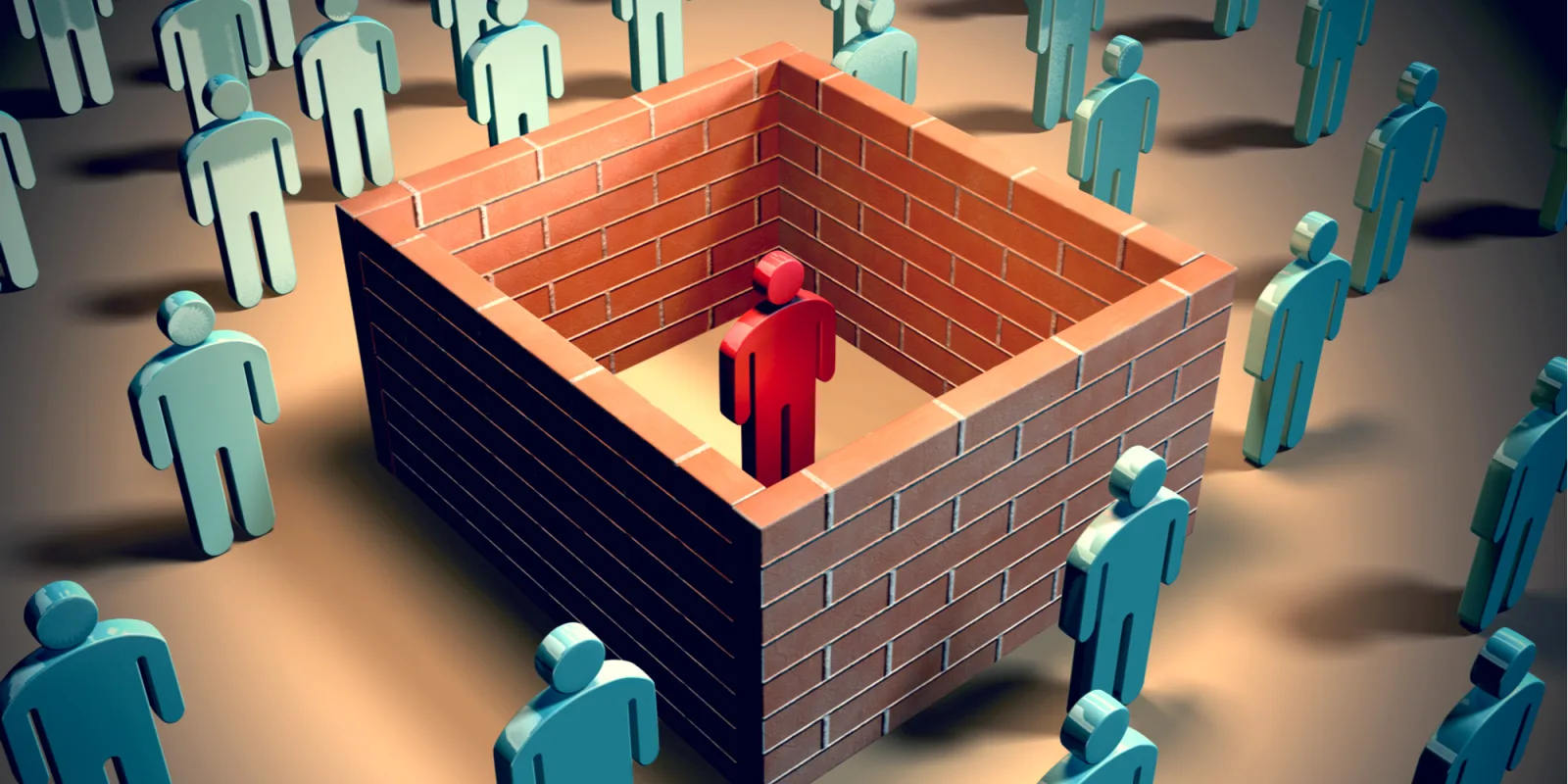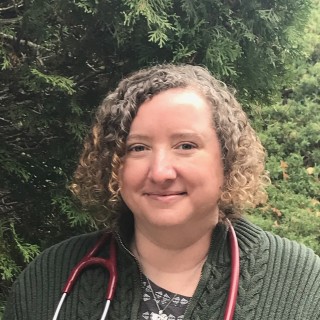 Stigma towards health conditions interferes with access to compassionate care. Both social stigma from friends and family and medical stigma from professionals are issues. Perhaps the worst recent example of medical stigma is how people with HIV/AIDS were treated in the 1980s. They were isolated physically and spiritually. While in medical school, a professor related that on the HIV floor, the food trays were left outside the door like at a zoo since the staff was afraid to enter the rooms. Much of the public believed people with HIV/AIDS were to blame for their disease due to their “lifestyle” and had no sympathy for their suffering. Research and assistance were slow to develop, and a generation of gay men and others died waiting. People who take opioids are the AIDS patients of today.
Stigma towards health conditions interferes with access to compassionate care. Both social stigma from friends and family and medical stigma from professionals are issues. Perhaps the worst recent example of medical stigma is how people with HIV/AIDS were treated in the 1980s. They were isolated physically and spiritually. While in medical school, a professor related that on the HIV floor, the food trays were left outside the door like at a zoo since the staff was afraid to enter the rooms. Much of the public believed people with HIV/AIDS were to blame for their disease due to their “lifestyle” and had no sympathy for their suffering. Research and assistance were slow to develop, and a generation of gay men and others died waiting. People who take opioids are the AIDS patients of today.
The stigmatization of patients who use opioids extends to those trying to quit. Buprenorphine is the best treatment for substance use disorder (SUD). In order to prescribe it, providers must obtain a special permit, which limits this life-saving treatment. However, physicians can prescribe Oxycontin with no limits. I obtained my permit and hoped to treat adolescents. Fellow pediatricians shared with me their viewpoints. I was told that there were “legal” issues. Another told me that if I treated children with SUD and that word spread, (gasp!) former addicts might be sitting in the waiting room and families would flee from my practice. I was told that those with SUD should only be treated in addict-only centers in the city. I disagree with this — people with SUD deserve to be treated in their community, by the provider that has known them their whole life.
Just as AIDS patients of the 1980s were blamed for their disease, some today act as if patients with addiction issues deserve their fate. Due to my religious faith, I believe all people have inherent worth and dignity. This is not stripped away when people make poor choices. We all have made poor choices. Rather than a community of sinners, I see a community that is in pain. Many people with SUD have faced pain and traumas. Drug use is better understood as a poor choice of coping method by people who had few options. Many addicts grew up as children facing trauma who lacked strong support networks and had limited opportunities to get help. Families on Medicaid can hardly get a call back from therapists, and even those with suicidal and violent outbursts are unable to get care until they finally require an in-patient bed. It is easy to see why the temporary relief found in drugs can be appealing when much of the rest of life is pain.
Opioids relieve physical or emotional pain. Unfortunately, neither pain nor people experiencing pain, are dealt with well. The opioid crisis is, at its heart, a pain crisis. Not surprisingly, people in physical pain often get poor treatment from the medical community, much as AIDS patients did in the 1980s. Some people use prescribed opioids to treat painful conditions, yet still face great stigma. As someone with a painful nerve condition, I am active in online chronic pain groups and repeatedly hear the same story. I hear of patients being turned away from doctors afraid of the issues surrounding opioids. Stable patients have been cut off from their medication when a doctor retires and have been unable to find new prescribers. People have been cut off from a medication that allows them to work and care for their children. Another chronic pain patient was taking prescribed opioids for a neurological condition. Her psychiatrist changed from a collegial, friendly, compassionate provider to a critical, mistrusting, and disapproving provider. In time, she had to get a new psychiatrist. Clearly, some people equate all opioid use, whether street or prescribed, as the same. Pain patients, forced to seek care in emergency rooms, face the same negative attitude. They are labeled as “drug-seekers” and their whole evaluation is colored by this. I am not arguing that pain patients should be treated better than those with SUD but rather that all people using opioids deserve respect and understanding.
Clearly, those who take opioids face great stigma, similar to AIDS patients in the 1980s. I urge my fellow medical providers to not repeat the error of the 1980s in letting a whole community perish due to a misguided stigma about who is deserving of suffering and its relief.
Heather Finlay-Morreale, MD, is a board-certified primary care pediatrician working for Nashaway Pediatrics, a practice run by UMass Memorial in Sterling, Massachusetts. Her interests include mental health, mindfulness, and general well-being.
Image by Andrea Danti / Shutterstock







